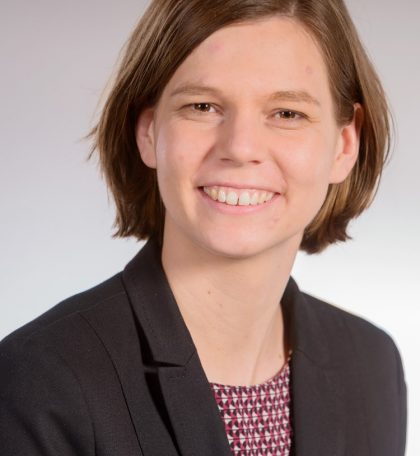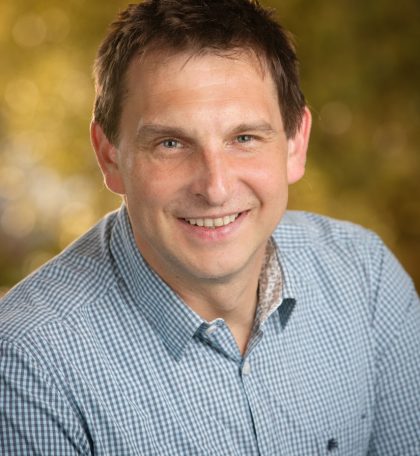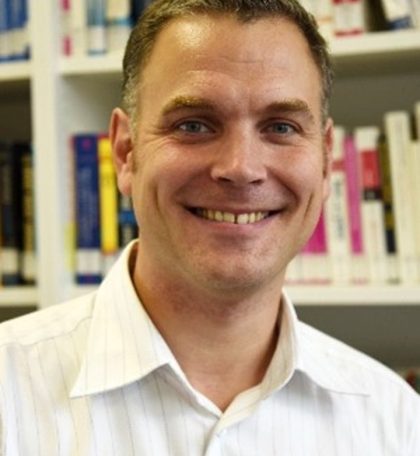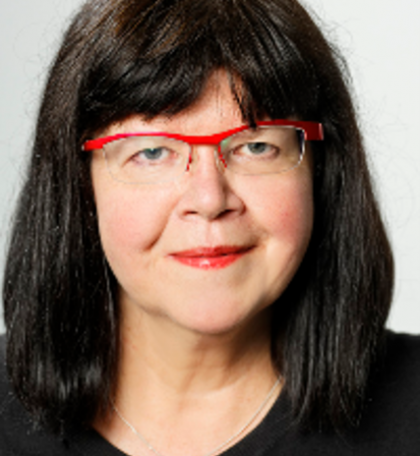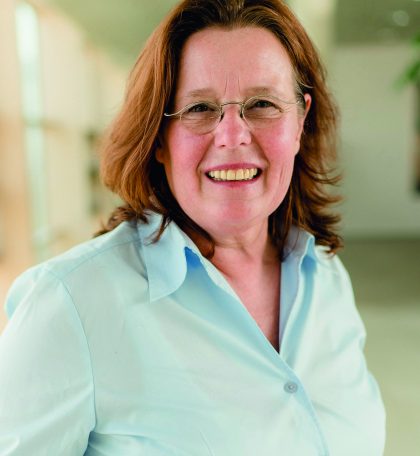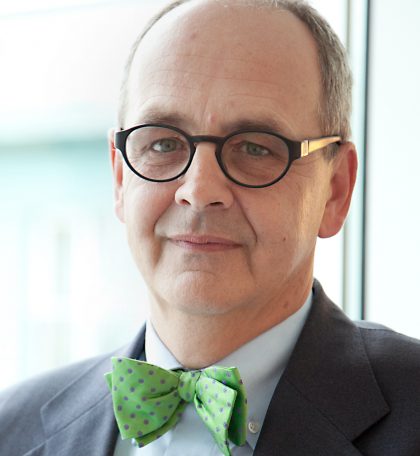New Technologies as Accelerator of a Sustainable Bioeconomy
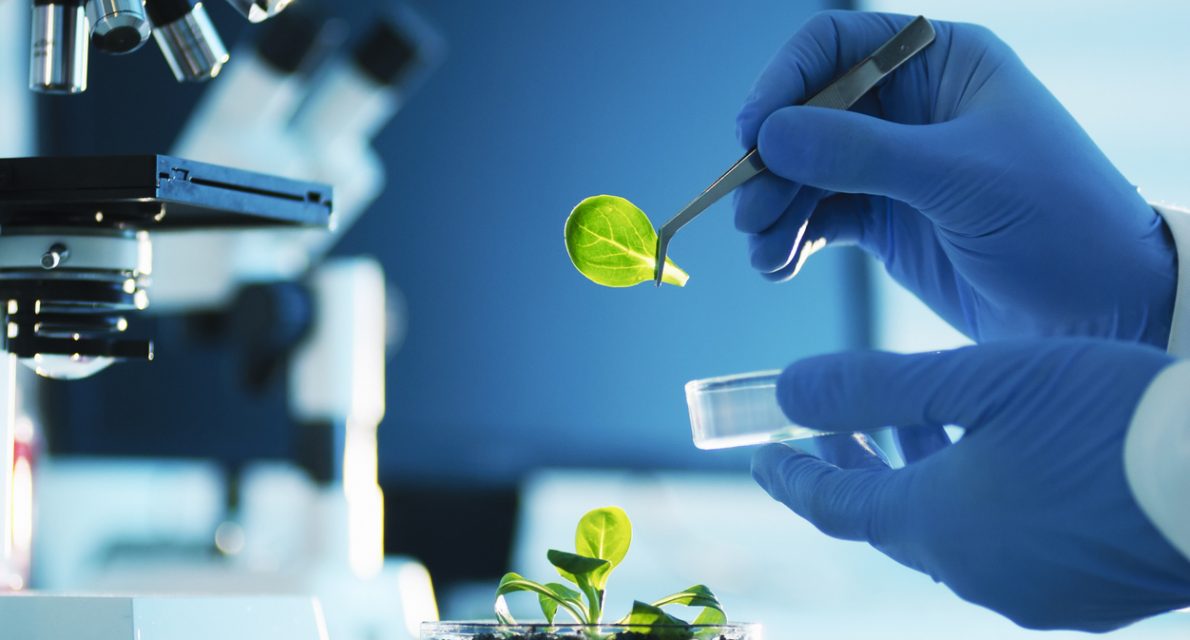
Contents
Output
Workshop Videos
All videos of the workshop can be watched on the channel of the workshop organizers, click here.
Workshop Recording
All recordings of the workshops and their breakouts can be found here.
Organizers
RWTH Aachen University, Germany
IBISBA (EU-Project)
Scion, New Zealand
BioBall e.V, Germany
International Institute for Sustainability Analysis and Strategy (IINAS/IEA)
Chairs
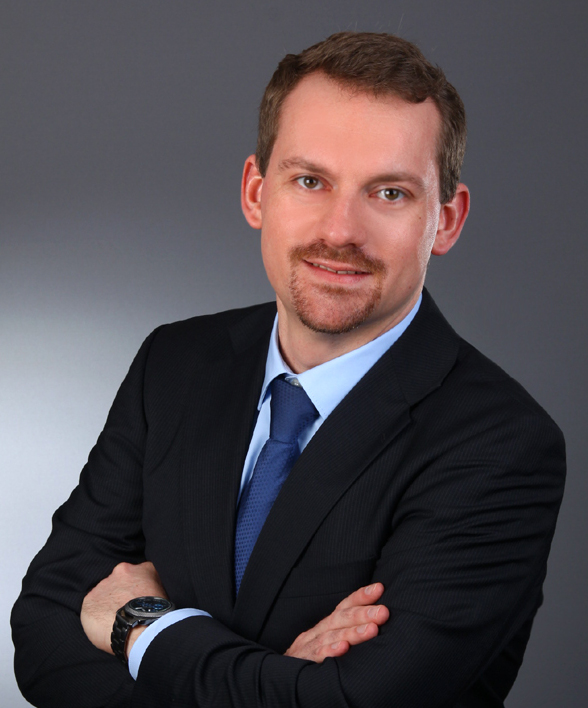
Moderator: Markus Müller
Project Manager, CLIB – Cluster Industrial Biotechnology
Thematic focus
The following major topic clusters contribute to the success of bioeconomy:
- Feedstock and (raw) materials,
- Processing Systems for scale-up
- Revealing the impact of biotechnology and synthetic biology,
- Societal/environmental needs including political aspects and regulation
Different technologies are key enabler for the establishment of sustainability in processes, production and products. Each of them has to be brought to a viable scale for integration into the value chain of Bioeconomy.
The workshop will thus focus on key questions related to the topic clusters mentioned above and how new technologies (e.g., synthetic biology, chemistry, decentralized manufacturing) can accelerate the development.
Format
Experts from different fields, sectors and regions are asked for a short video statement (<1 min) on collected in advance of the workshop one of the following questions:
- What regional raw material/feedstock would you suggest for sustainable use?
- What has been the experienced bottleneck of new technology implementation in bioeconomy?
- What do local citizens or stakeholders expect from bioeconomy (i.e., what niche should technology development fill)?
- How can strategies support technology impact and vice versa?
These videos will be published on this website as prepatory material for the workshop.
The workshop itself lasts 2 hours and starts with a plenary, followed by a group work in four groups with different topics. Afterwards, everyone is coming back to the plenary to present and discuss the results of the group work. The workshop is closed by a panel discussion with Q&A.
Agenda
All times refer to CET. Current time:
08:00 – 08:25: Welcome & Introduction
08:25 – 09:05: Parallel working groups (see below)
09:05 – 09:25: Coming back to the workshop plenary and present the results of the working groups
09:25 – 09:55: Panel discussion: “Synopsis of findings and perspectives”
Moderator: Uwe Fritsche
09:55 – 10:00: Wrap up and close
Parallel working groups
Participants will be asked to enrol for ONE working group during registration. The participants will be provided with background material on some relevant country cases/strategies beforehand for download on this website. Representatives for these cases will be invited to join the groups as resources persons, making specific interventions on their respective strategies with regard to the working group thematic.
Moderator: Dorit Lehr & Manfred Kircher (BioBall e.V.)
- How can sustainable feedstock (biomass, plastics, CO2, etc.) be converted efficiently?
- What are challenges and potentials of using non-food feedstock in particular with a focus on waste and residues?
- How to ensure that the feedstock is available in sufficient quantity and quality? What are regional differences?
- Which innovative technologies (i.e., synthetic biology, catalytic chemistry, etc.) and framework conditions are necessary to implement and accelerate the technical carbon cycle?
Moderator: FhG/RWTH/Scion, C. Rasche/J. Viell/F. Graichen
- What scales are appropriate for processing in future biorefineries for which regions/countries?
- What are the next potential disruptive technologies, how to assess their sustainability, and how can they be fostered?
- What is the role of decentralized small scale biorefinery concepts ?
Moderator: FhG/VTT, K.Patzsch/M. Pentillä
- How can Synthetic Biology and next generation of industrial biotechnology reveal new options for sustainable products?
- What are hindering factors for technology acceptance?
- What high-tech but also low-tech contributions can be set in place to foster the global bioeconomy?
Moderator: Uwe Fritsche (IINAS)/Luisa Marelli (JRC)
- How to measure, monitor and assess sustainability of the bioeconomy (feedstocks, technologies)?
- What solution/scale is acceptable for society?
- What framework is needed in terms of funding, support and acceptance and regulations?

